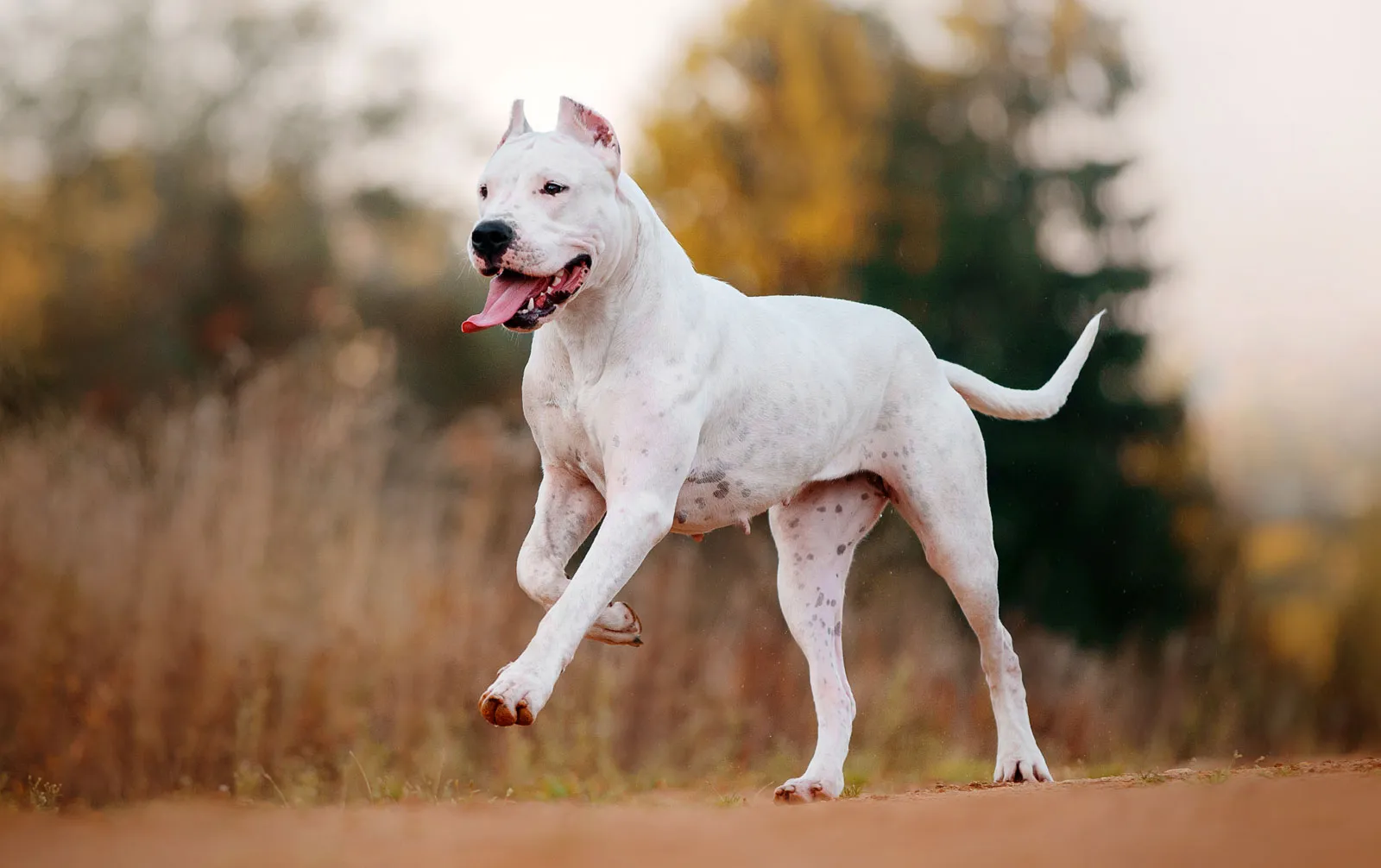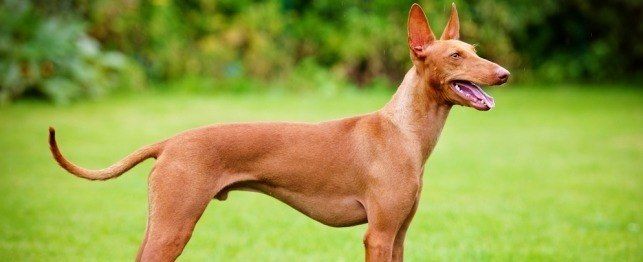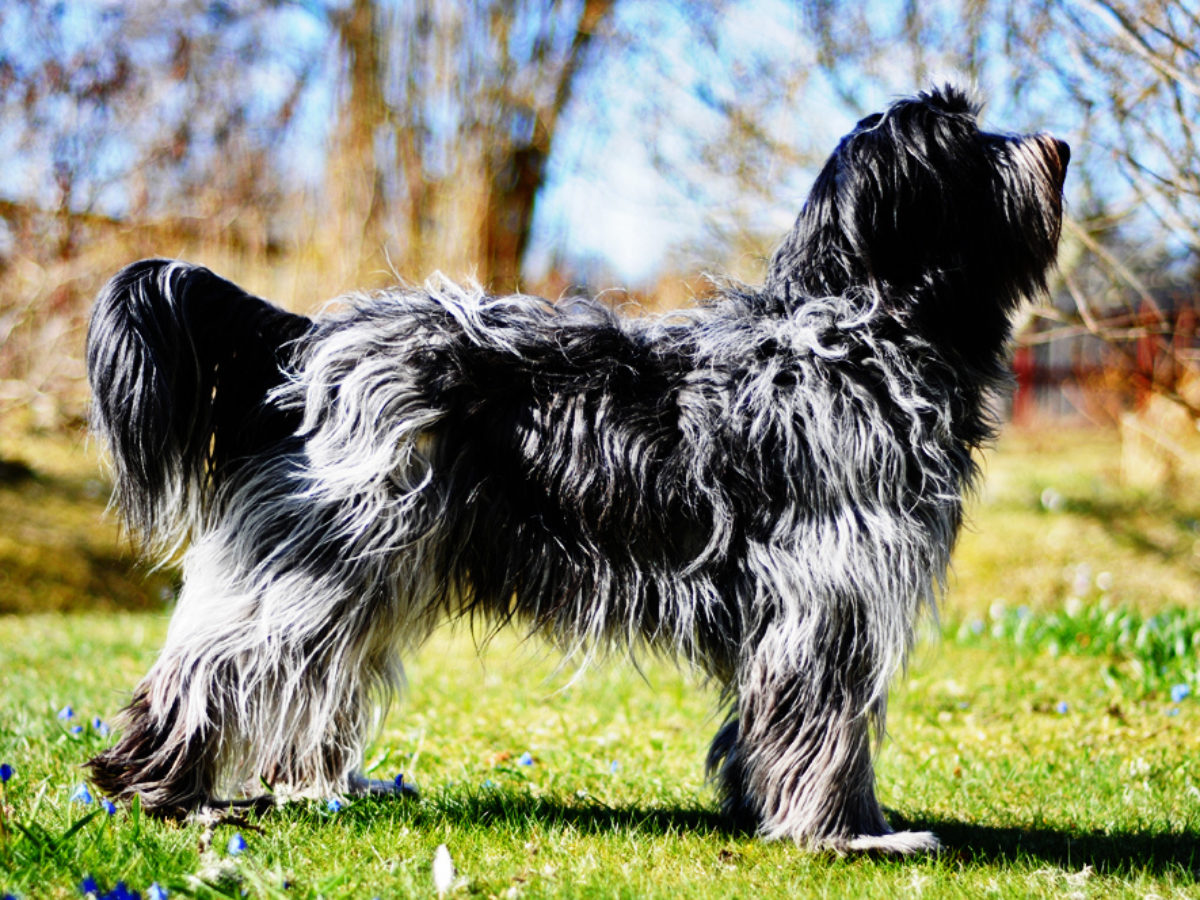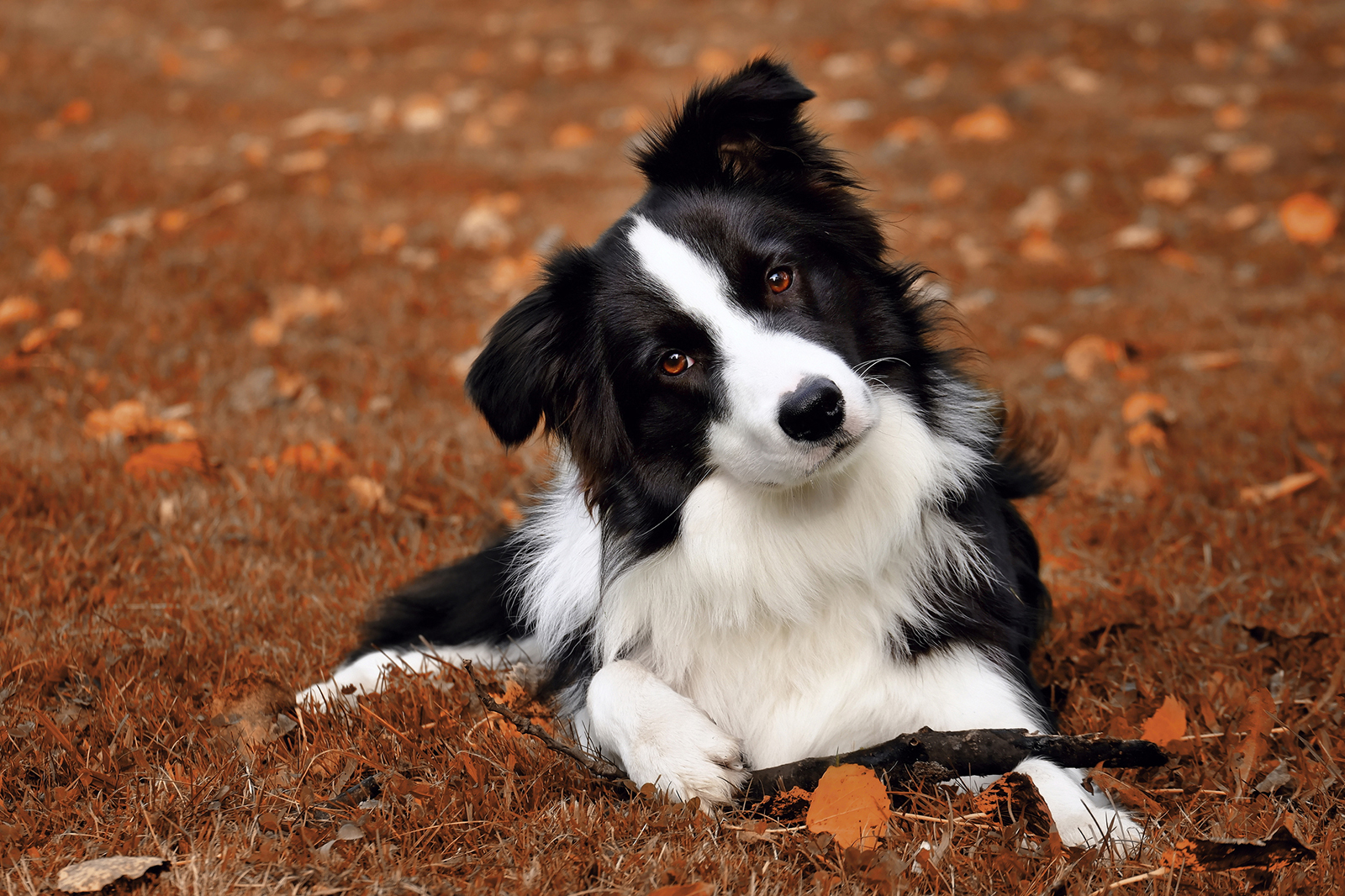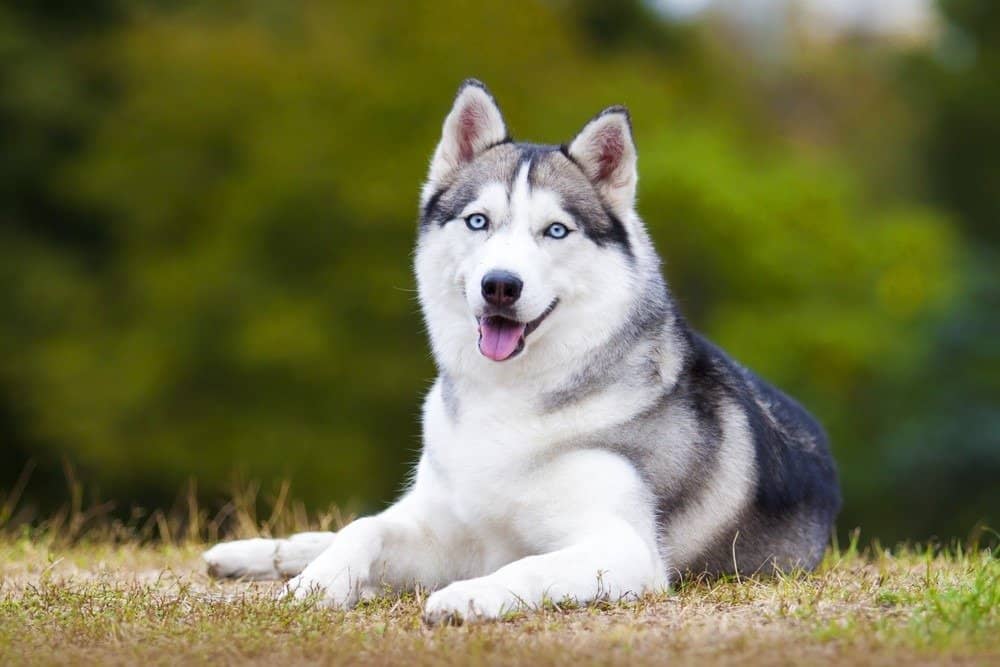
Introduction
The Siberian Husky is a popular and beloved breed of dog known for its striking appearance, intelligence, and friendly disposition. Originally used for sled pulling, hunting, and as a companion animal by the Chukchi people in northeastern Asia, Huskies are highly adaptable and thrive in various environments. Huskies are known for their thick double-coated fur and distinctive blue or brown eyes. While generally friendly and sociable, Huskies have a strong-willed personality that requires an experienced and confident owner for proper exercise, stimulation, and socialization. Huskies make loyal and loving companions or hard-working sled dogs, captivating the hearts of dog lovers worldwide.
Temperament
Personality traits of the breed
The Husky breed is known for its friendly, sociable, and playful temperament, making them wonderful companions. They are also highly intelligent but have a strong independent streak, which can make them challenging to train. Huskies are adaptable and can thrive in various environments, thanks to their thick double-coated fur that insulates them in cold weather. Despite their friendly nature, Huskies have strong-willed personalities that require an experienced and confident owner to provide them with adequate exercise, stimulation, and socialization. Overall, the Husky breed’s charismatic and captivating personality has made them a popular choice among dog lovers worldwide.
Relationship with their owner
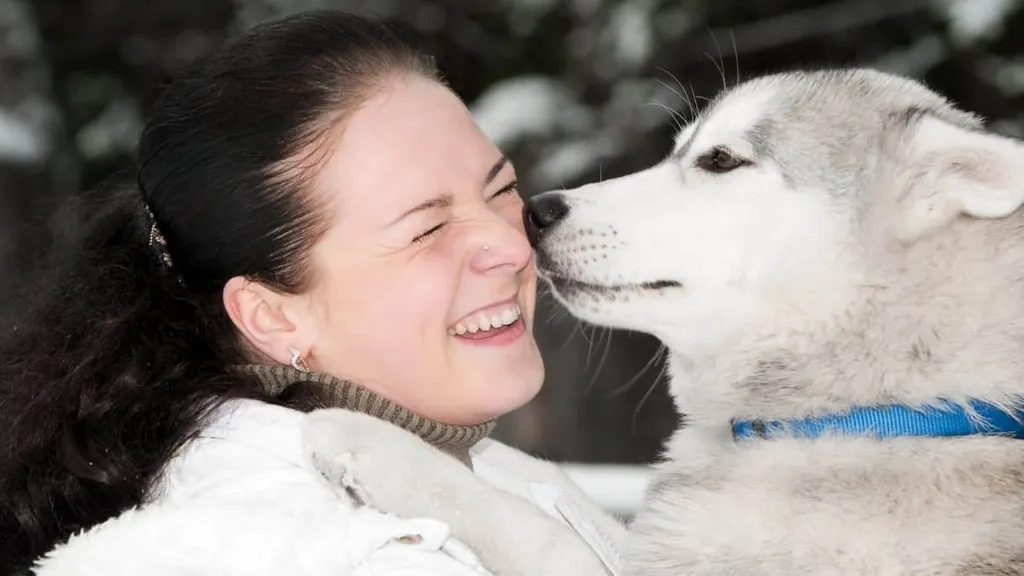
The Husky breed forms a strong bond with their owners and thrives on human companionship. They are known to be loyal and affectionate towards their owners, often following them around and seeking attention. Huskies also have a strong pack mentality and view their owners as the alpha member of their pack. As such, Huskies require consistent training and socialization to develop a healthy relationship with their owner. With proper training, Huskies can become well-behaved and obedient, making them a wonderful companion for those who can provide them with the necessary attention and care.
Aggression in Husky
Explanation of aggressive behavior in Husky
While Huskies are generally friendly and sociable, they can exhibit aggressive behavior in certain situations. Aggression in Huskies may be caused by a variety of factors, including lack of socialization, fear, anxiety, or a protective instinct towards their owner or territory. Aggressive behavior may manifest as growling, snarling, baring teeth, or even biting. To prevent aggressive behavior, Huskies require proper socialization and training from a young age to learn appropriate behavior and responses to different stimuli. In cases where aggressive behavior is already present, seeking the assistance of a professional trainer or behaviorist is recommended to address the underlying cause and prevent further incidents.
How to train and socialize Huskies
Training and socializing Huskies is essential to ensure their well-being and prevent behavioral issues. Huskies require consistent and positive training methods that focus on rewarding good behavior rather than punishing negative behavior. Socialization should begin early to expose them to different people, animals, and environments to prevent fear and aggression. Activities like obedience training, agility training, and interactive play can also provide mental stimulation and physical exercise for Huskies. Patience, consistency, and positive reinforcement are key when training and socializing Huskies, and seeking the help of a professional trainer or behaviorist can be beneficial if needed. With proper training and socialization, Huskies can become well-behaved and obedient companions.
Health and Lifespan
Reported lifespan range
The reported lifespan range of Huskies is typically between 12 to 15 years. However, factors such as genetics, diet, exercise, and overall health can impact a Husky’s lifespan. Ensuring proper care and attention, including regular veterinary checkups, proper nutrition, and exercise, can help extend a Husky’s lifespan and provide them with a happy and healthy life. It’s important to note that while some Huskies may live longer than 15 years, others may have a shorter lifespan due to genetic or health issues.
Husky health issues
Like all dog breeds, Huskies are prone to certain health issues. Some of the common health issues that may affect Huskies include:
- Hip dysplasia: A hereditary condition where the hip joint doesn’t develop properly, leading to arthritis and mobility problems.
- Eye problems: Huskies are prone to eye issues such as cataracts, corneal dystrophy, and progressive retinal atrophy (PRA).
- Skin allergies: Some Huskies may develop skin allergies, which can cause itching, hair loss, and skin infections.
- Thyroid problems: Huskies may develop hypothyroidism, a condition where the thyroid gland doesn’t produce enough hormones.
- Exercise-induced collapse (EIC): A genetic condition that causes weakness and collapse after intense exercise.
It’s important to work with a reputable breeder who tests their dogs for genetic health issues and to provide your Husky with regular veterinary care to monitor their overall health. Early detection and treatment can help manage many of these health issues and provide your Husky with a happy and healthy life.
Food for Husky
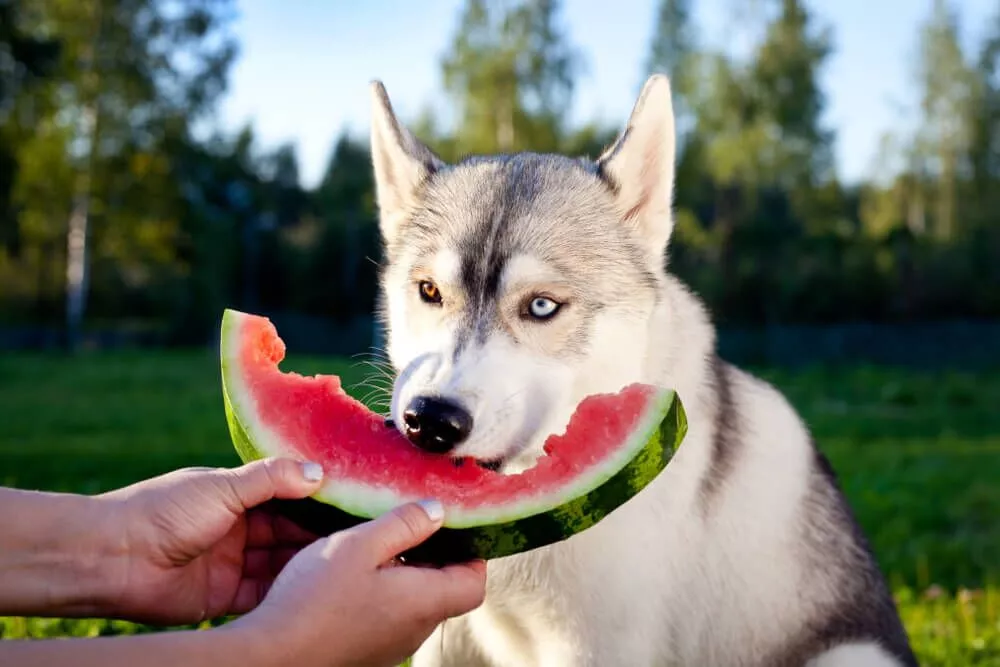
Best food for Husky
The best food for a Husky is a high-quality dog food that is specifically formulated for their breed and life stage. Huskies are active dogs that require a diet that is high in protein, fat, and calories to support their energy needs. Look for dog foods that list a high-quality source of protein, such as chicken, fish, or lamb, as the first ingredient. Avoid dog foods that contain fillers, by-products, or artificial preservatives, as these ingredients can be difficult for Huskies to digest and may cause digestive issues. Additionally, it’s important to provide your Husky with plenty of fresh water throughout the day to prevent dehydration, especially during hot weather or periods of intense exercise. Consulting with your veterinarian can also help determine the best food options for your Husky based on their individual needs and health requirements
Can my husky eat banana
Yes, Huskies can eat bananas as they are non-toxic and safe for dogs. Bananas are a good source of fiber, vitamins, and minerals and can be a healthy treat for your Husky in moderation. However, it’s important to remove the banana peel before feeding your Husky as it can be difficult to digest and may cause digestive issues. Additionally, bananas are high in sugar and should be given to your Husky in moderation to avoid weight gain. As with any new food, it’s best to introduce bananas gradually to ensure that your Husky doesn’t have any adverse reactions.
Conclusion
In conclusion, Huskies are a fascinating and charismatic breed that is beloved by many dog enthusiasts worldwide. Originating from northeastern Asia, Huskies were originally developed for sled pulling, hunting, and companionship. Huskies are highly adaptable dogs that are known for their thick double-coated fur, distinctive blue or brown eyes, intelligence, and friendly disposition. While they can make great pets, Huskies also require experienced and confident owners who can provide them with plenty of exercise, training, and socialization. Like all dog breeds, Huskies are prone to certain health issues that can impact their lifespan, and it’s important to work with a reputable breeder and provide regular veterinary care to ensure their overall health and well-being. With proper care and attention, Huskies can make loyal and loving companions for many years.
